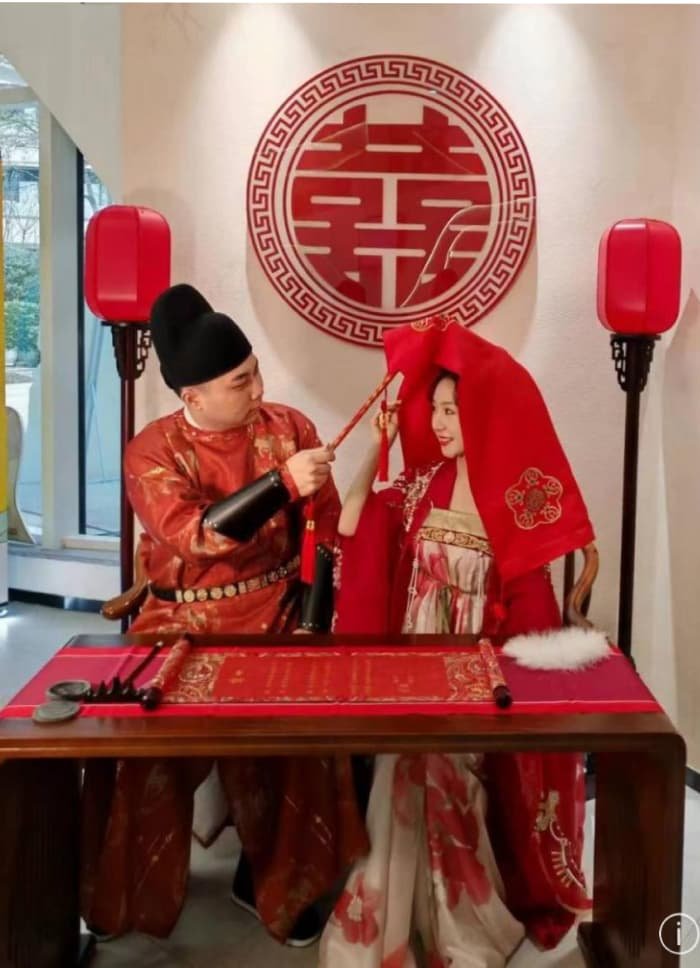
Xinhua

BEIJING: (Xinhua) /Flowerbudnews): – Yu, a 32-year-old female internet influencer living in Sichuan, southwest China, thrives in her single life.
Her daily routine includes working, hanging out with friends and walking her dog.
Obviously content with her life, Yu is one of the country’s expanding population of young singles who embrace more diverse life options, not eager to get married.
Data recently released by the Ministry of Civil Affairs showed China recorded a total of 1.97 million marriage registrations in the first quarter of this year, a drop of 178,000 from a year earlier.
Zhou Haiwang, a researcher with the Shanghai Academy of Social Sciences, attributed the general drop to a shrinking population of people in eligible age for marriage, changing perceptions of marriage and financial concerns associated with getting married.
“Some of the young people choose to postpone marriage until they are personally ready,” said Zhou.
According to the seventh national census conducted in 2020, the average age of Chinese entering first marriage had risen to 29.38 years for men and 27.95 for women as compared to 25.75 for men and 24 for women a decade earlier.

A study by the Communist Youth League of China (CYLC) Central Committee found some young people are more focused on “living for oneself” and tend to be idealistic in choosing a lover.
“The more you grow up, the more clear-minded you become,” said Yu. “You realize that two people who want to get married must have each other’s back, be emotionally stable, and genuinely like each other.”
In addition, online communication meets most of young people’s need to share thoughts with others, reducing their need for real social life and also their chances of meeting more people, according to the study.
The potential high cost associated with marriage, such as the expenditure on housing and betrothal gifts, which tend to be expensive items in rural areas, is believed to be another roadblock on young people’s path to tying the knot.
The soaring cost of raising a child, particularly pricey education, also makes the younger generation reconsider the cost efficiency of marriages, according to the study.
“Supporting myself is a struggle already, let alone blindly marrying and having children,” Yu said. She now works really hard to make money, pinning hope on a better social welfare system for professional care in her old age in case she ends up alone.

According to Shi Zhilei, professor at the Zhongnan University of Economics and Law, the drop in new marriages is an automatic adjustment in adaptation to changing economic structures marked by a higher level of economic marketization and a clearer division of labor in society, just like what Europe, North America and Japan have experienced.
“I hope everyone respects different life options,” said Yu. “Whether I have a man to be with or not, I won’t skip a meal, forgo a cup of boba tea, or lose a single night’s sleep.”









